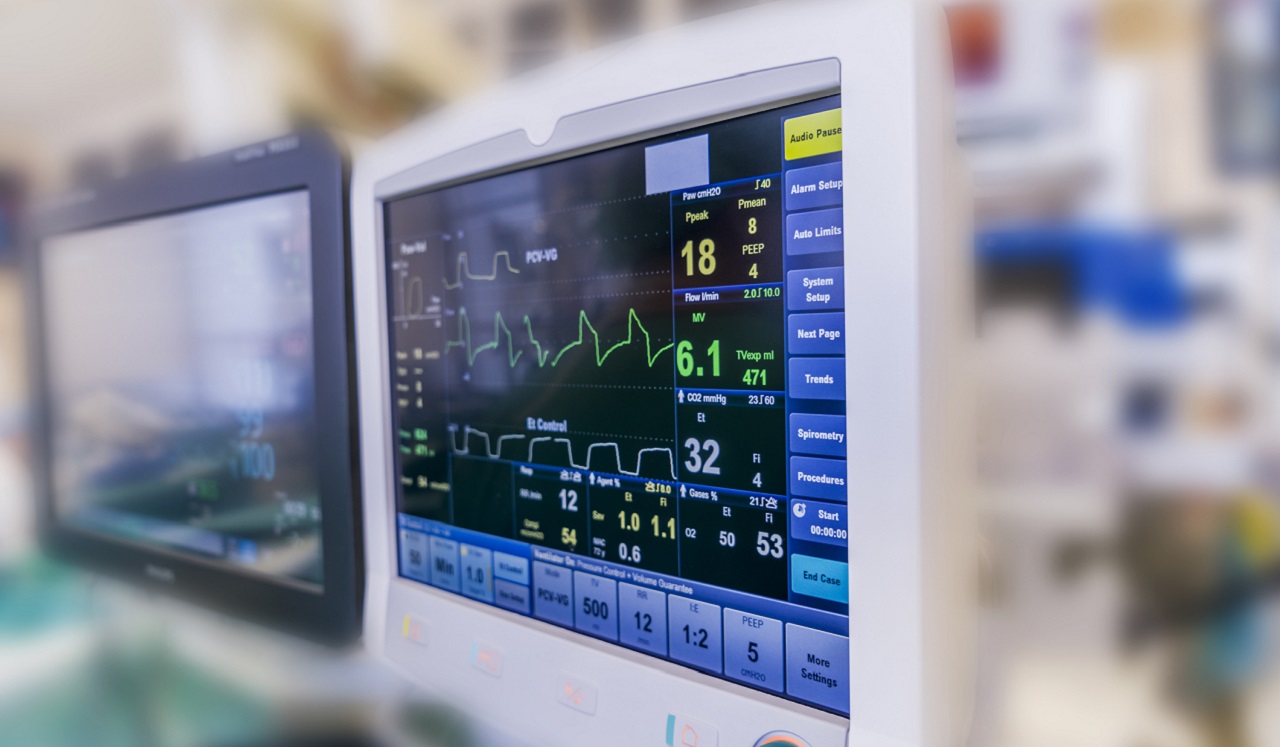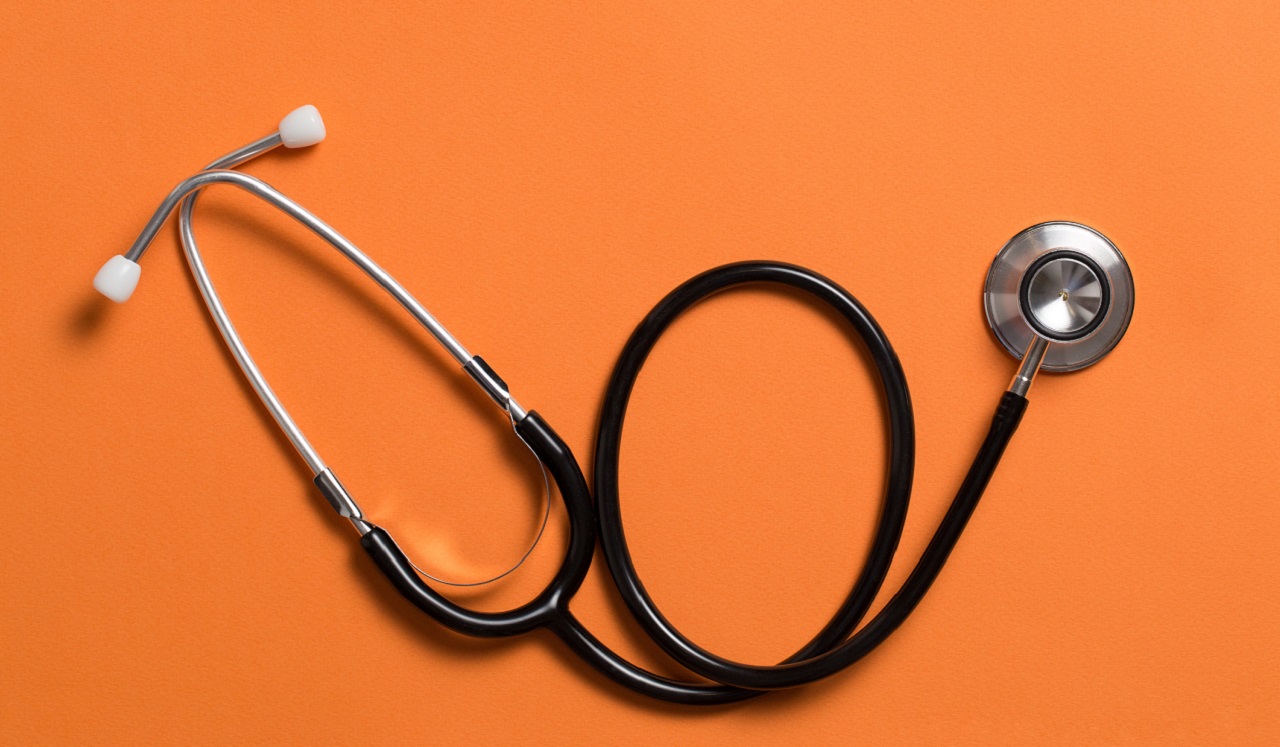August 12, 2020
While the effects of COVID-19 on the respiratory system, including the lungs, are well known, doctors and scientists are discovering that the virus also directly and indirectly impacts the cardiovascular system, including the heart, often with devastating effects. Memorial Hermann-affiliated cardiovascular disease specialist Biswajit Kar, MD, shares surprising new information about the toll the virus is taking on patients of all ages.
“Nobody's an expert on COVID yet,” says Dr. Kar. “We are all learning from the world experience. It's such a novel virus. But one thing is for sure, this virus ravages every part of the body, from the brain to the toe, including every organ. And a significant percentage of death or morbidity is related to the cardiac involvement,” he says.
Four Types of Heart Damage
Dr. Kar says the cardiac impact on patients comes in many forms but generally falls into four categories.
1. Inflammation of the Heart Leading to Heart Failure
“COVID patients may develop an inflammation of the heart, causing myocarditis, an inflammation of the middle layer of the heart wall, which can lead to heart failure. Whether the virus directly invades into the heart muscle or it is the interaction of the immune system to kill that virus, in the process the heart muscle cells die as a bystander. And it causes severe pump dysfunction and cardiogenic shock,” says Dr. Kar.
2. Heart Arrhythmias
“Second, because this inflammation is attacking the entirety of the heart, it lends itself to electrical short circuits, causing all kinds of heart arrhythmias (irregular beating of the heart), including ventricular tachycardia, ventricular fibrillation and atrial fibrillation. Some of these arrhythmias are lethal, and they can kill you suddenly. Some of the medicines that are being used to treat COVID—azithromycin, some of the antiretroviral medications and hydroxychloroquine—exacerbate the arrhythmias, triggering even more arrythmias, and potentially more death,” he says.
3. Blood Clots
“And third, this virus, for some reason, affects the sticky cells in the blood, called the megakaryocytes or the platelets, and causes inflammation of the inner lining of blood vessels, called endotheliitis. And because of this, there's a predilection for clots forming all over the body. In about 70% of cases, these clots form in the lungs. But in about 30% to 40%, the clots form all over the body, in veins and arteries of the heart and the rest of the organs, causing malfunction of the organs,” says Dr. Kar.
4. Heart Failure Caused by "Cytokine Storm"
“Many patients who come into the ER with COVID-related lung problems get a little better, but towards the end of about a week, they go into what’s called a cytokine storm, an immune response where the body produces proteins called cytokines to fight off the virus but ends up attacking its own cells and tissues as well. The heart is very vulnerable to a cytokine storm, which causing the blood pressure to plummet, the heartbeat to become irregular, the pumping function of the heart to decrease and the heart to fail. It is a very, very fatal condition, causing a lot of deaths,” says Dr. Kar.
Get Help: Don't Wait it Out
Dr. Kar says some people who are experiencing COVID- or heart-related symptoms try to sit it out at home until they can no longer bear the symptoms, and by the time they come into the ER, they’re already exhibiting cardiac involvement. “For anyone experiencing any COVID- or heart-related symptoms: Get help fast. Or better yet, do what you can to avoid infection in the first place.”
“One of the unique aspects of the COVID virus is that while you may not feel short of breath, or you may feel just a little winded, your blood oxygen levels might be alarmingly low,” says Dr. Kar. “Normally, if your oxygen level goes down, your body's defense mechanisms make you feel very short of breath. We call it minute ventilation. The effort of breathing goes up, and you say, ‘Oh, I'm short of breath,’ and you will seek medical care right away.”
He warns that is not the case with COVID-19 patients. “But with COVID, even with severe lack of oxygen in the blood, the patient's not complaining of significant shortness of breath. So, there is a danger that you're exposing your organs to dangerously low oxygen levels for a long period, of time and you don’t even know it,” says Dr. Kar. “If you are even a little short of breath—if you cannot speak a long sentence or you can't count to 10 without getting a little winded—you need to go to the emergency room.”
Our No. 1 Defense: Social Distancing
“Until we have a vaccine or a cure, the No. 1 defense we have is social distancing. I cannot stress enough the importance of social distancing. Despite all the research, the pursuit of vaccines and therapeutic interventions, our ICUs, fancy ventilators and field hospitals, only one intervention has made a difference, social distancing. Nothing else has made a dent,” he says.
The information in this article was accurate as of August 12, 2020.


